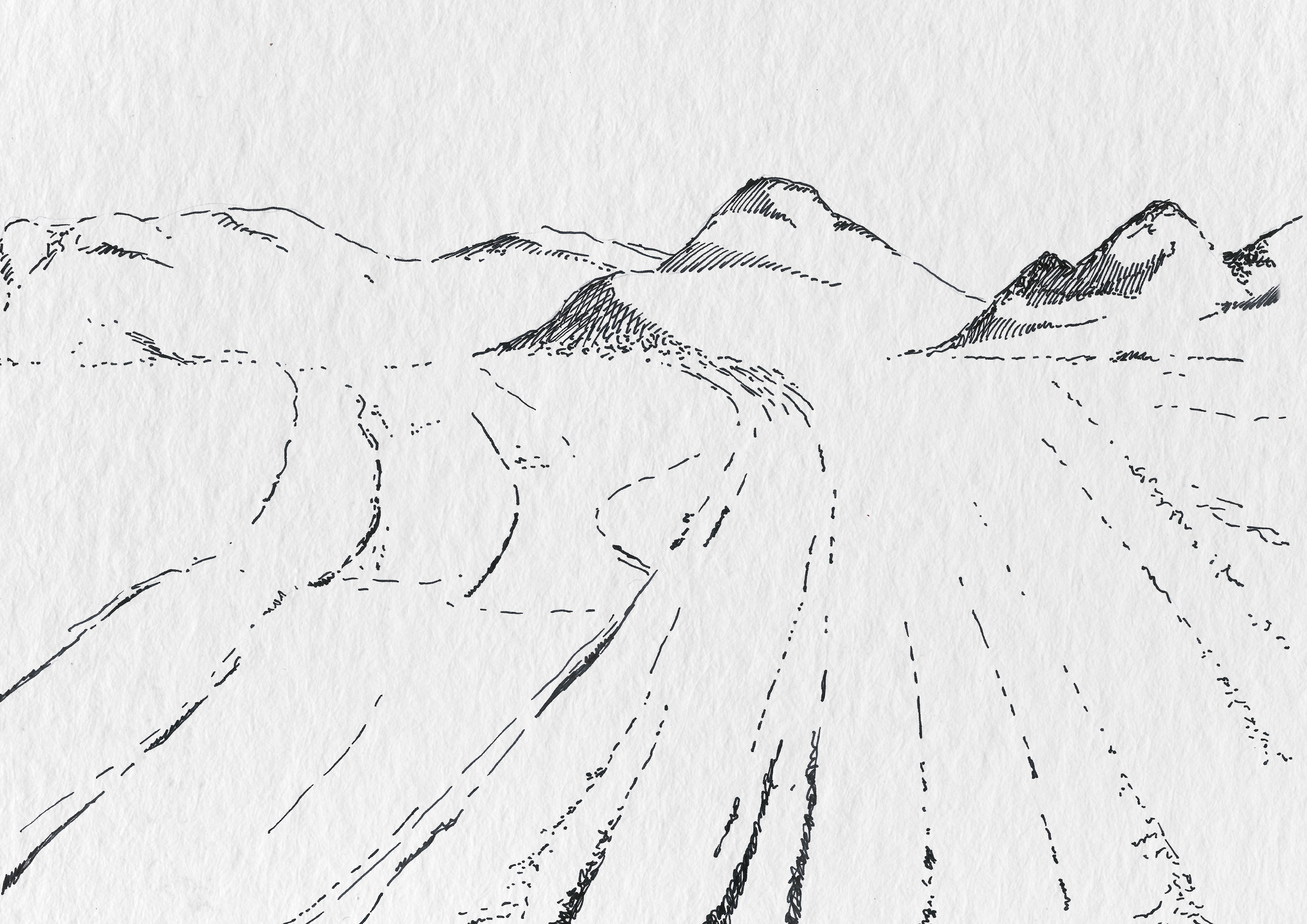Learning About Invitations: Difference between revisions
No edit summary |
No edit summary |
||
| Line 1: | Line 1: | ||
[[File:Invitation background a.png|thumb]] | |||
Invitations to trail-off may take different shapes and forms, like offering someone a ride, playing bingo or staying around to drink a cup of coffee. It is up to you to decide whether you want to accept these invitations or not. They allow you to divert from previous trajectories and extend towards a practice of wayfaring and dwelling, to "waste" time and to be curious. Being receptive and open to such invitations is also the most effective way in this knowledge-land-scape to attune to their corresponding insights on the meaning of “ethical engagement”. As I have found from my own experiences in the field, the most insightful moments happen by responding to unanticipated encounters and phenomena with attuned curiosity and attentive openness. | Invitations to trail-off may take different shapes and forms, like offering someone a ride, playing bingo or staying around to drink a cup of coffee. It is up to you to decide whether you want to accept these invitations or not. They allow you to divert from previous trajectories and extend towards a practice of wayfaring and dwelling, to "waste" time and to be curious. Being receptive and open to such invitations is also the most effective way in this knowledge-land-scape to attune to their corresponding insights on the meaning of “ethical engagement”. As I have found from my own experiences in the field, the most insightful moments happen by responding to unanticipated encounters and phenomena with attuned curiosity and attentive openness. | ||
Revision as of 14:28, 22 January 2025

Invitations to trail-off may take different shapes and forms, like offering someone a ride, playing bingo or staying around to drink a cup of coffee. It is up to you to decide whether you want to accept these invitations or not. They allow you to divert from previous trajectories and extend towards a practice of wayfaring and dwelling, to "waste" time and to be curious. Being receptive and open to such invitations is also the most effective way in this knowledge-land-scape to attune to their corresponding insights on the meaning of “ethical engagement”. As I have found from my own experiences in the field, the most insightful moments happen by responding to unanticipated encounters and phenomena with attuned curiosity and attentive openness.
